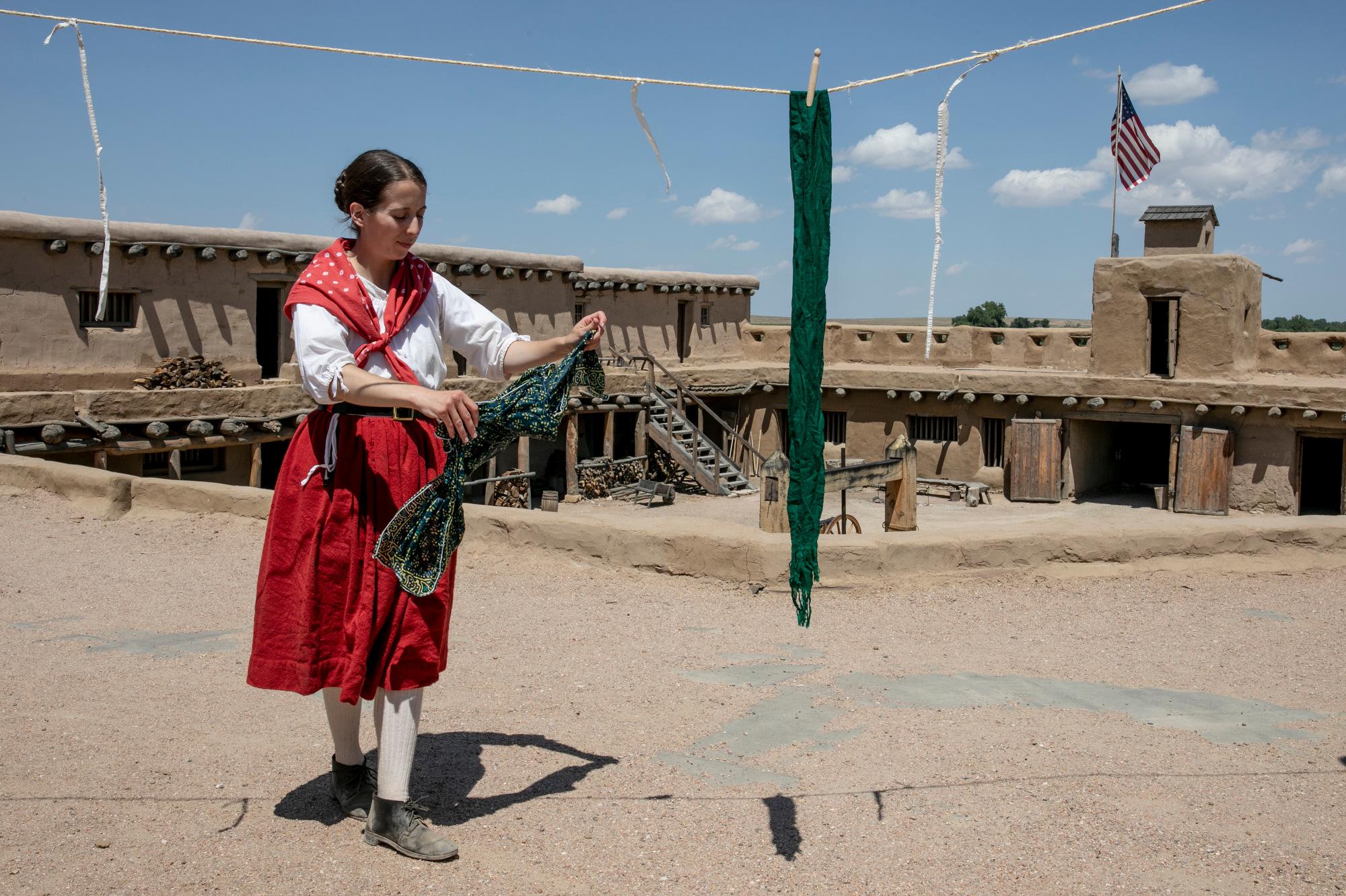Civility is a nice sentiment — but it's harder to put into practice.
Take a contentious debate last year in the Maine House of Representatives over a proposal to ban conversion therapy — a discredited treatment designed to make gay people straight.
Republican state Rep. Roger Reed stood up to oppose the conversion therapy ban, calling it an attempt to "legitimize ... unnatural inclinations."
Immediately, that comment — a verbal attack on LGBTQ people — elicited shouts from members of the Maine House and a rebuke from House Speaker Sara Gideon, who called a 25-minute timeout so everyone could cool down.
In an interview recently, Gideon said that this was just one of several times she has had to call out inappropriate or uncivil remarks by members on both sides of the aisle.
"We have some debates, and then we have some incredibly contentious debates," Gideon said. "I would say that of many, many difficult aspects of my job as speaker, presiding over a debate on a bill that has an emotional aspect to it on both sides is the most challenging thing that I can think of."
Gideon, a Democrat, has been working with colleagues across the political spectrum to promote civility in Maine's legislature. Several years ago, she took part in a workshop, hosted by the National Institute for Civil Discourse, where lawmakers told their life stories and described how those experiences have shaped their political views. Since then, NICD has held several more events with Maine lawmakers in an effort to keep those tense moments to a minimum.
NICD is one of many organizations doing this work — in state legislatures, coffee shops, community centers and living rooms — at a time when Americans tell pollsters that they are worried about a rising sense of incivility in public life.
A growing number of organizations with earnest-sounding names, such as Better Angels, Democracy Cafe, Living Room Conversations and the National Conversation Project, as well as many more, are leading Americans in discussions about sensitive political issues. By at least one count, there are more than 200 of these groups nationwide, hosting discussions with people of diverse backgrounds about everything from immigration to abortion to race relations.
NICD, which organized the lawmaker workshops in Maine, was founded in response to the shooting of then-U.S. Rep. Gabrielle Giffords in 2011. Carolyn Lukensmeyer, who was the group's first executive director, said it was hard to get traction for the idea in those early days.
"No matter who I was speaking to — members of Congress, the media, academics, the public — people really pushed back on, 'What is civility? Aren't you just telling me to be polite, or nice?' " Lukensmeyer said. "And believe me — today, no one asks that question."
Now, Lukensmeyer said, more and more people are looking for places to have civil conversations — and that includes both lawmakers and ordinary citizens.
In January, NICD hosted a weekend-long workshop with a dozen people of varying political views. The participants — who were recruited and paid a stipend for their time — were filmed for a forthcoming documentary series, Divided We Fall, as facilitators led them through conversations about heavy topics like police brutality and racism.
Among the participants were Khadijah Ameen, 29, a woman who voted for Hillary Clinton in 2016, and Dan Fletcher, 30, a Trump supporter. In an interview later, Ameen said it was encouraging to discover that she could disagree with someone and still like him as a person.
"It was a big discovery for me to know that I could have a conversation with someone from such an opposing view and not have to dislike them — as childish as that sounds," Ameen said with a laugh.
Fletcher, too, said it was refreshing to find others who wanted to engage respectfully around tough issues. But he said there are limits to what you can accomplish in a weekend.
"It's almost like that therapist effect — like where you go in and have that 30 minutes of just letting it all out, and you feel comfortable, and you walk out of there and you feel great," Fletcher said. "And then you go out in the world, and it's not what it was in that room."
Fletcher and Ameen say everyone has kind of gone their separate ways since the workshop, although they do keep in touch on social media.
Back in Maine, lawmakers don't have a choice about seeing each other regularly — and they have to get things done, whether they like each other or not. To promote healthier relationships, Speaker Gideon recently proposed the controversial step of mixing up seating in the Maine House among Republicans, Democrats and the handful of independents.
She got complaints at first — many complaints.
"I heard, 'If I had known that you were thinking about this, I might not have run for office.' I heard, 'I won't feel safe in the chamber. I won't feel like I have the freedom to just feel comfortable in the chamber.' And I heard, 'I don't want to sit next to that person,' " Gideon said. "And I heard this from both sides of the aisle."
If anything, Gideon said the pushback made it clear how badly that new seating arrangement was needed. So she pressed on and intermingled the seating anyway, arranging the lawmakers in mixed groups. Leaders in the Maine Senate took a similar step.
And it wasn't long, Gideon said, before everyone got over it.
"There's no better sight than when I look out from the speaker's rostrum and see a group of Republicans and Democrats who sit in a couple of rows together, laughing together," Gideon said. "It is just — it sounds a little silly — but it's just an amazing, great sight."
Gideon is quick to add that this doesn't mean that debates won't ever get heated again.
"But it does mean that people will see each other as human beings and they will think twice before they just automatically want to think the worst of each other," she said.
And that's important, officials with NICD say, because state lawmakers are often the "farm teams" that groom future members of Congress — who hold even more sway over national discourse and policymaking.
Gideon's colleague, Republican state Sen. Matt Pouliot, has become a facilitator for lawmaker workshops. He said elected leaders, including President Trump, too often fail to set a respectful tone as they engage in political debate. But, he said, the responsibility doesn't stop there.
"I blame all of us, including Trump," Pouliot said. "When we don't pay attention unless somebody really makes some type of an obscene outcry, we're all to blame. And I think that oftentimes we want to blame political figures ... for the problems that we're seeing in government — but our government is a function of what it is that we want."
Until voters demand something different from their elected officials, Pouliot said, American political discourse is at risk of remaining uncivil.
Lawmakers in Maine will have a chance to practice their civility skills soon — while sitting alongside members of other parties. The conversion therapy ban has been reintroduced in the Maine House and is scheduled for a public hearing on April 10.
9(MDEyMDcxNjYwMDEzNzc2MTQzNDNiY2I3ZA004))








